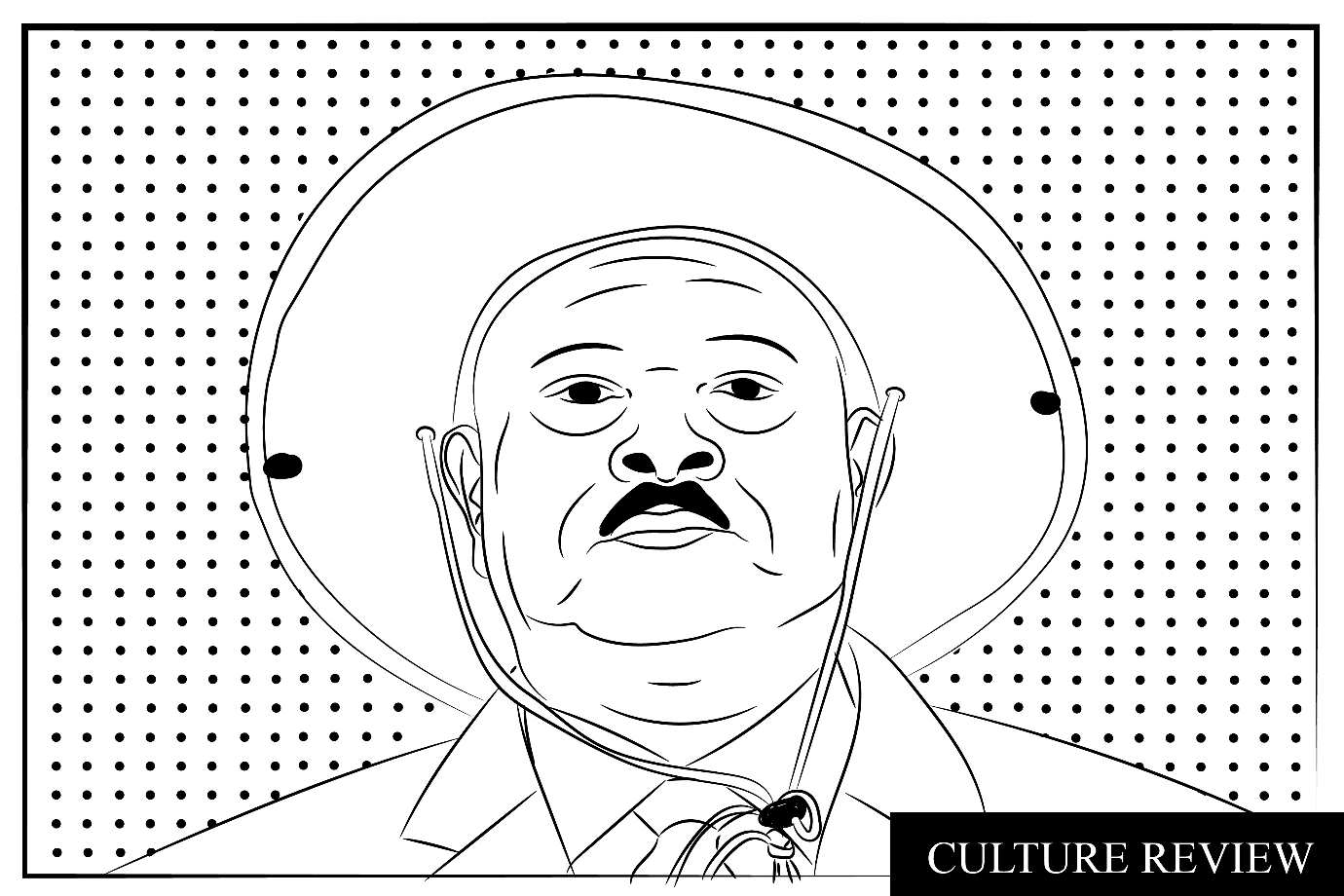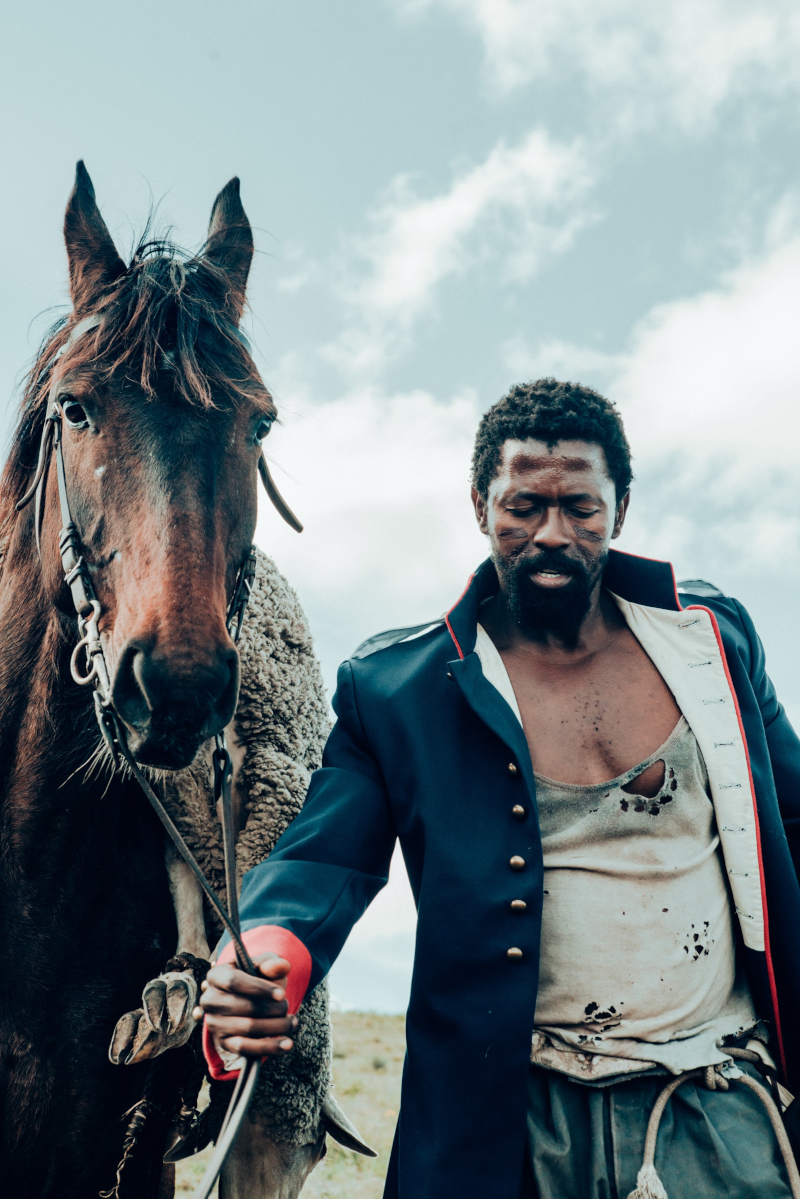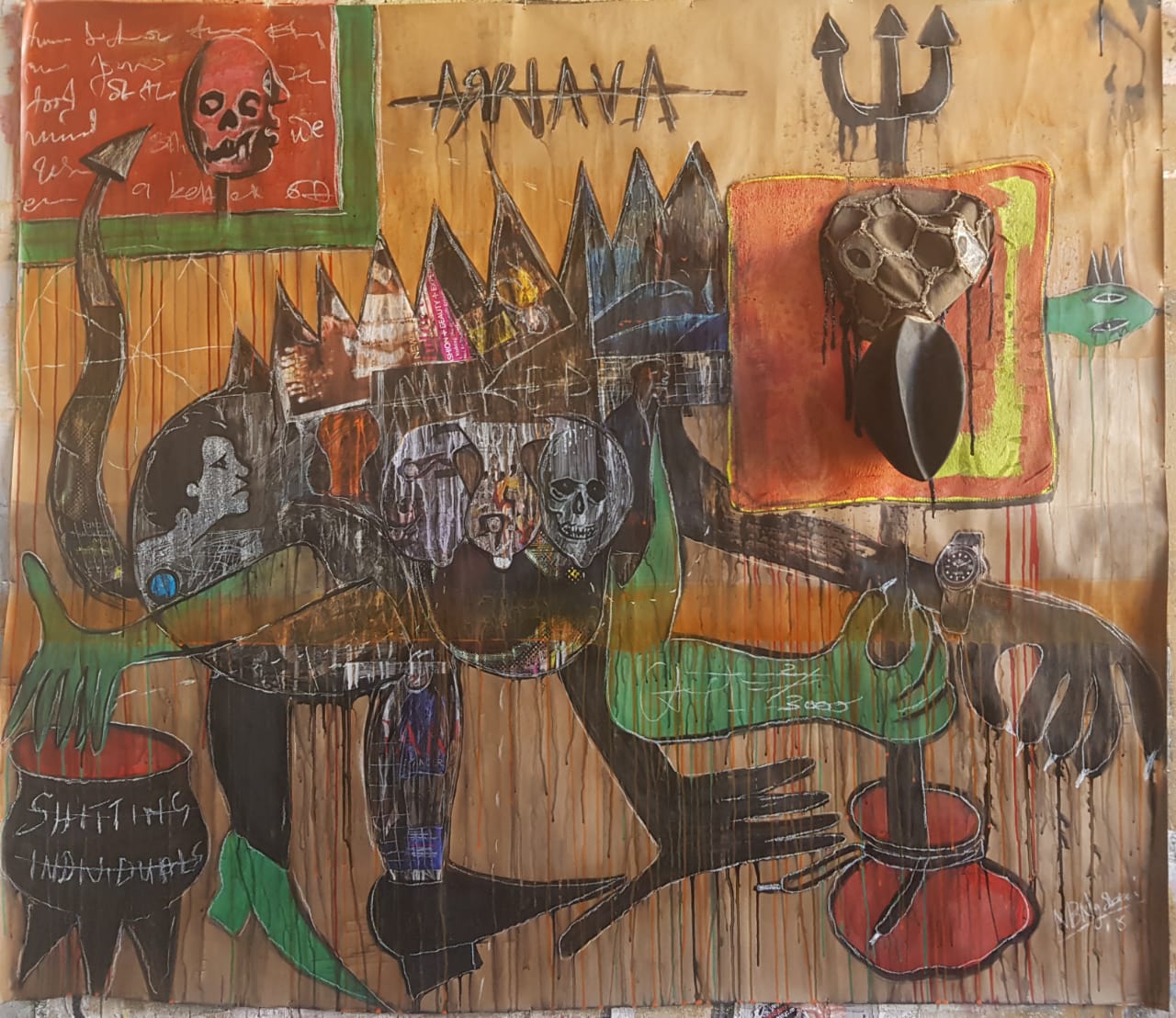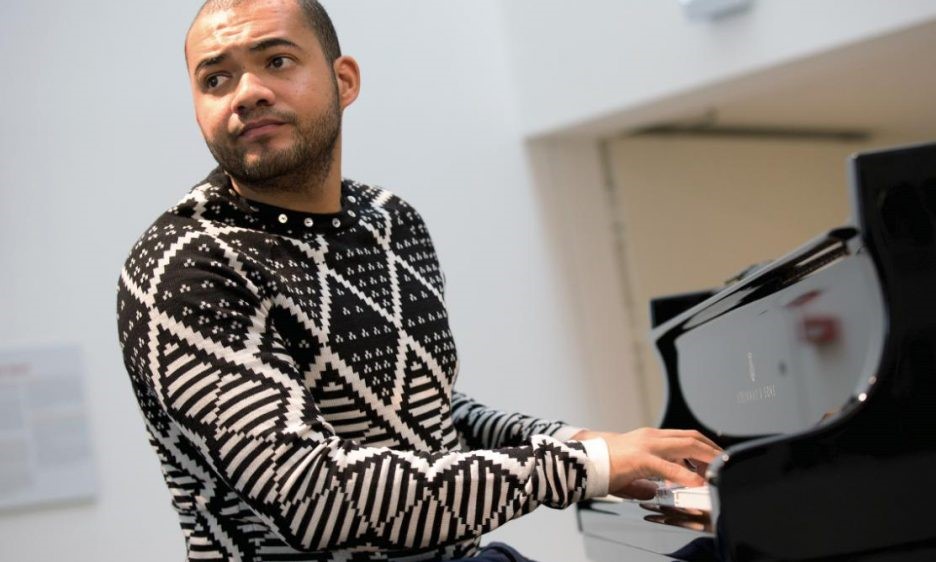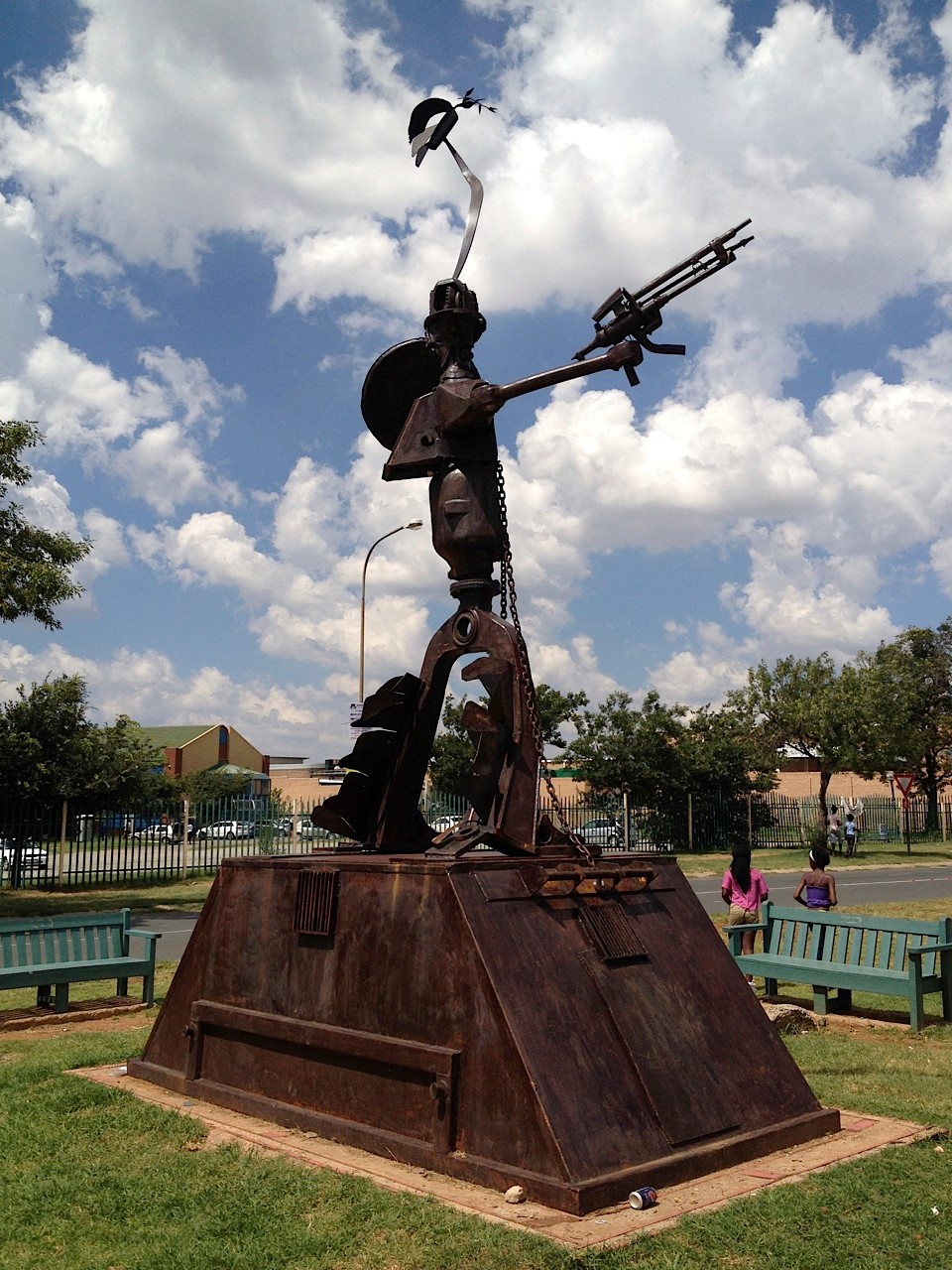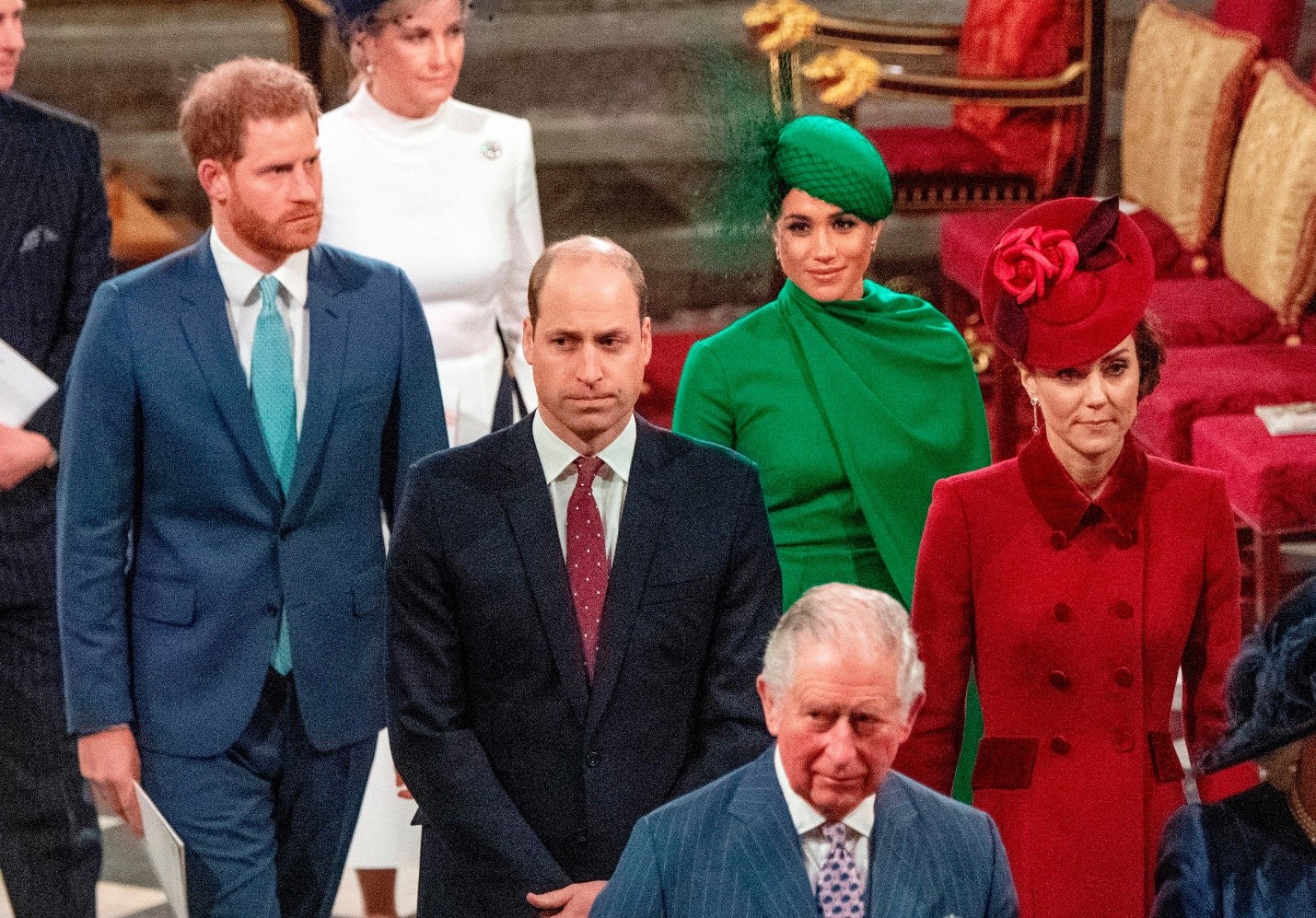If there is one thing we could call universal, it would be gender roles. Not only are gender roles universal but they are consistent. From the stone age times till today, people are assigned roles based on their gender. Which leads us to the important question, "what led to the birth of gender roles"?
To be able to answer this question we need to understand certain terms. Often times people link gender with sex as “one thing” and the best place to start is by defining these terminologies.
Firstly what exactly is sex? Human sex refers to the biological and physical traits of the human body. This means reproductive organs, hormones, chromosomes meaning females have two X chromosomes and males have XY chromosomes and secondary sex characteristics. There are also people who are intersex meaning they share a variety of these traits for example they could have two X chromosomes but physical appearance as male.
Secondly what is gender? Gender is more of cultural beliefs, identities and roles about masculine and feminine traits. For example, in society, people would say girls play with dolls and boys with cars. There are two assumptions from this statement. Firstly, this assumes that girl and boy are sexes and also assumes that because you are a girl the only toy for you is a doll. These are the kind of assumptions many people have in society.
Was biology enough to make women subordinate and give birth to gender roles? Frankly I do not think so, psychology also had an influence in the birth of gender roles. One of the fathers of psychology and the person who shaped psychological thinking globally is Sigmund Freud. He came up with many theories which still help us comprehend behaviours of people in society. One of his theories which contributed directly to gender roles is Penis Envy.
The theory states females reach a stage that they experience anxiety because of the realisation that they do not have a penis. This theory suggests that only men have an independent sexuality and women wish they were men. Although counter critics argue that Freud did not literally mean that women envy the penis. Penis envy is theorized as a "discrete event and reoccurring force in psychosexual development not as penis envy". Although counter critics might have good arguments, the interpretation that stands is the interpretation of society. Today men think women envy them and this subordinates women to inhuman and that their mature sexual state is dependent on man.
You cannot talk about gender and not mention gender binary. The theory of binary opposition was theorised by the anthropologist, Levi Strauss. In simple terms, his theory talks about a coin: meaning there could only be one of two opposite sides for example good or bad, beautiful or ugly, male or female.
Gender binary describes the "system in which a society splits its members into one of two sets of gender roles, gender identities and attributes based on reproductive organs". Gender roles is the major aspect of gender binary. Gender roles shape the occupation, the clothes we wear, what we watch on television or books we read etc. The problem with gender binary is it does not allow people to be flexible and excludes people who are intersexual. It is practiced by many cultures and religions which makes it seem to be immutable. There's more to life than two sides. Life is not a coin that can have one or two sides only. Gender binary forces people into boxes that make them live miserable lives.
One thing about gender roles is that they make women subordinate. Woman subordination across science, traditions, cultures and religions is seen as God given or natural, making it difficult to fight. Feminism is not modern; it has existed for many years but the reason we see little change is because woman subordination is seen as immune to change. Traditionalists argue that "since women are assigned a different biological assignment than a man then she must be assigned different social and economical roles". Also, they argue that "God created sex differences, which in turn created the sexual division of labour. Then no one is to blame for sexual inequality or male dominance". This is the school of thought that has been passed on generation to generation, and frankly I think it's one of the thinkings that led to the birth of gender roles.
Peoples interpretations shaped society and people interpreted that because men are biologically stronger then they deserve better than women. This school of thought was shaped by the lack of comprehension of women in the olden days. Menstruation and menopause were regarded as diseases or abnormal. The lack of understanding of biological making of females led to false narratives about women in society. Even with the education about female biology that exists today, the false narratives are rooted so deeply in people's brains. That for people to exclude those narratives they have to firstly be consciously aware of them.
It is not only the cultures, traditions and religions that had an impact on the birth of gender roles but also science. When we look at the theory of evolution that is accepted by society and scientists, it’s Darwinism. This is the theory of survival of the fittest where adaptive behaviors are passed onto the next generation for survival. When we look back in history during the stone ages, we clearly see that the division of labour based on gender started then. Women had to bear more children for some to survive and men because of their biological making they had a role of hunting, fishing and protecting the family, because biologically men are faster and stronger.
The gender roles were just because there were no nannies to take care of the kids, life expectancy was too low, no hospitals, no economic activities, no schools etc. people just lived to survive. Fast forward to the rise of civilisation. That still came with its own challenges which kept the concept of gender roles in motion. For example, let’s look at what happened during the 1900s: in 1914 World War One began till 1918, In 1918, the Spanish flu killed millions of people, in 1929 there was the global economic crisis, in 1933 the Nazis came into power, in 1939 World War Two began till 1945, in 1948 Apartheid started and ended in 1990, in 1952 the Korean War began, in 1964 the Vietnam War began and ended in 1975. All the things I have listed do not include slavery, other viruses that killed millions of people, other wars that happened between countries, terrorists attacks, police brutality, abuse, gangster wars etc. Life had to continue and it was difficult during those times and people were only exposed to the stone age time thinking which was gender roles.
The survival of humanity was believed to depend on women because of their biological making. This thinking made cultures to be centered around the logic that the existence of women is to give birth. According to Darwin, behaviour becomes genetic which creates the logic that "mothering is not only a socially assigned role but one fitting woman's physical and psychological need". Gender roles were seen as just.
What we all are trying to understand is, why do these assumptions exist in the first place? The school of thought that your sexuality is directly linked to your gender is entirely wrong. Society is not entitled to assign anyone a role. Life is not irrational if you believe in equality, there's logic on the side of equality. The complexity of life will never be understood through a coin toss.


